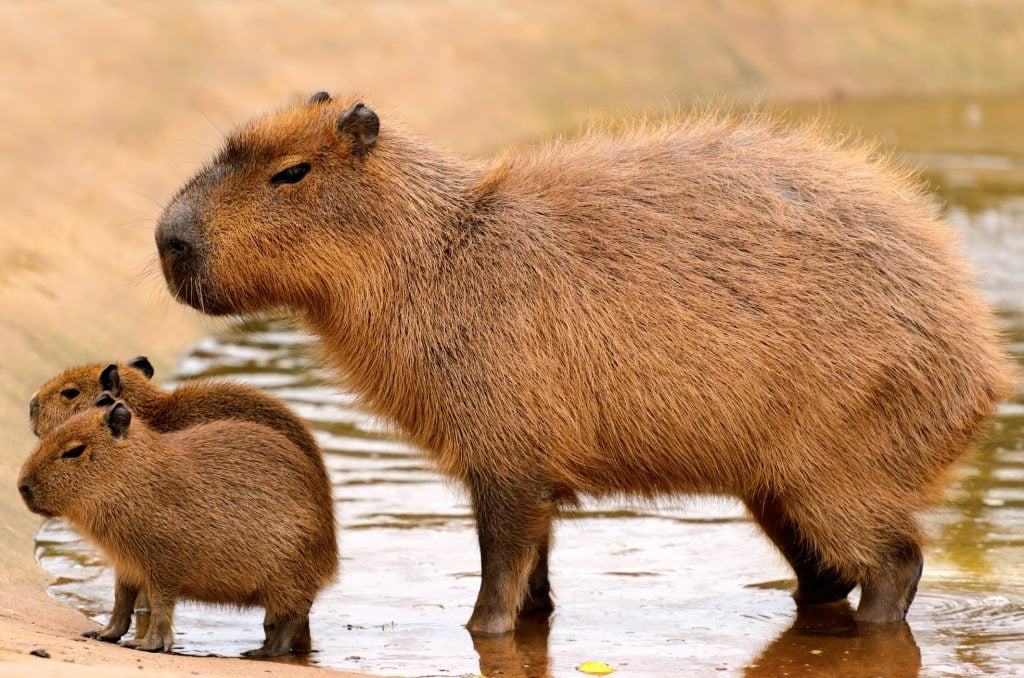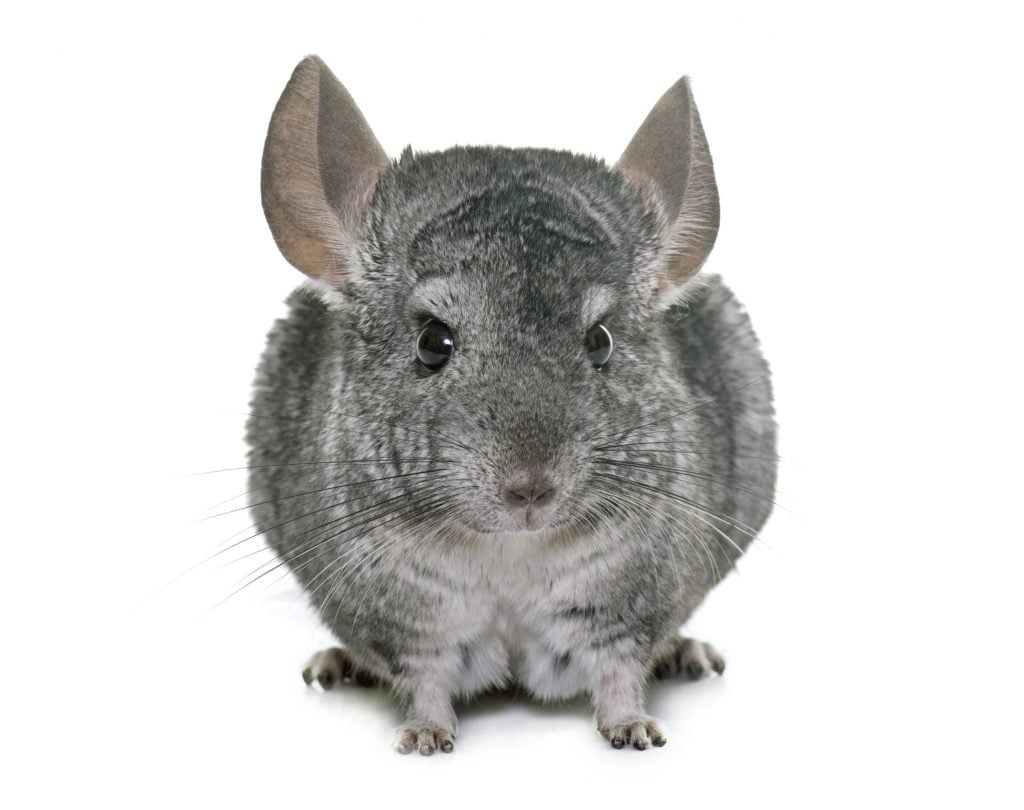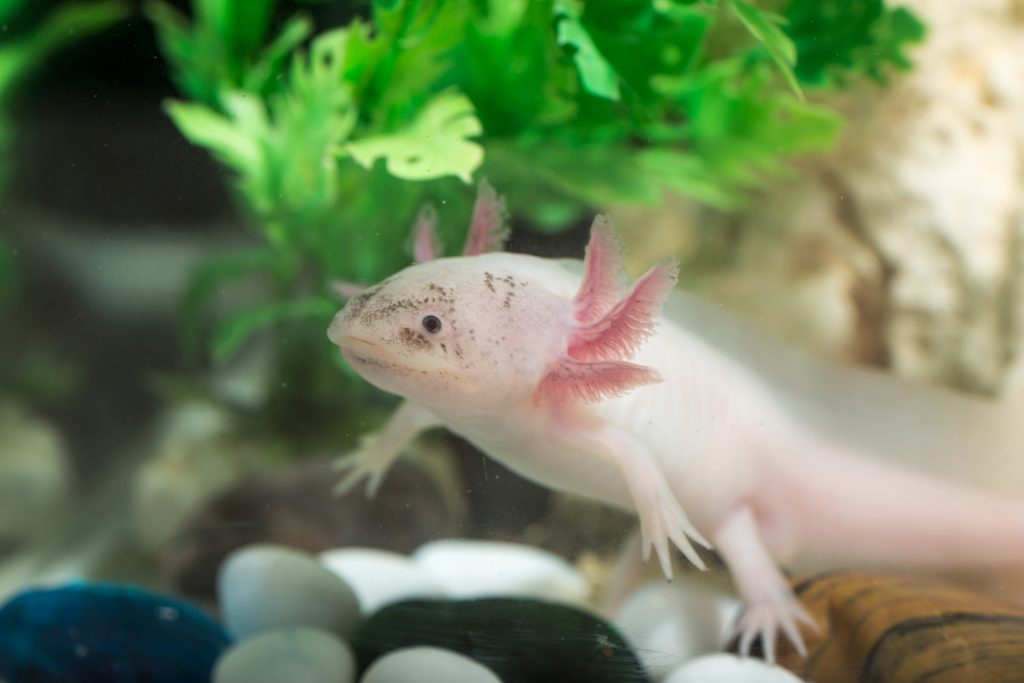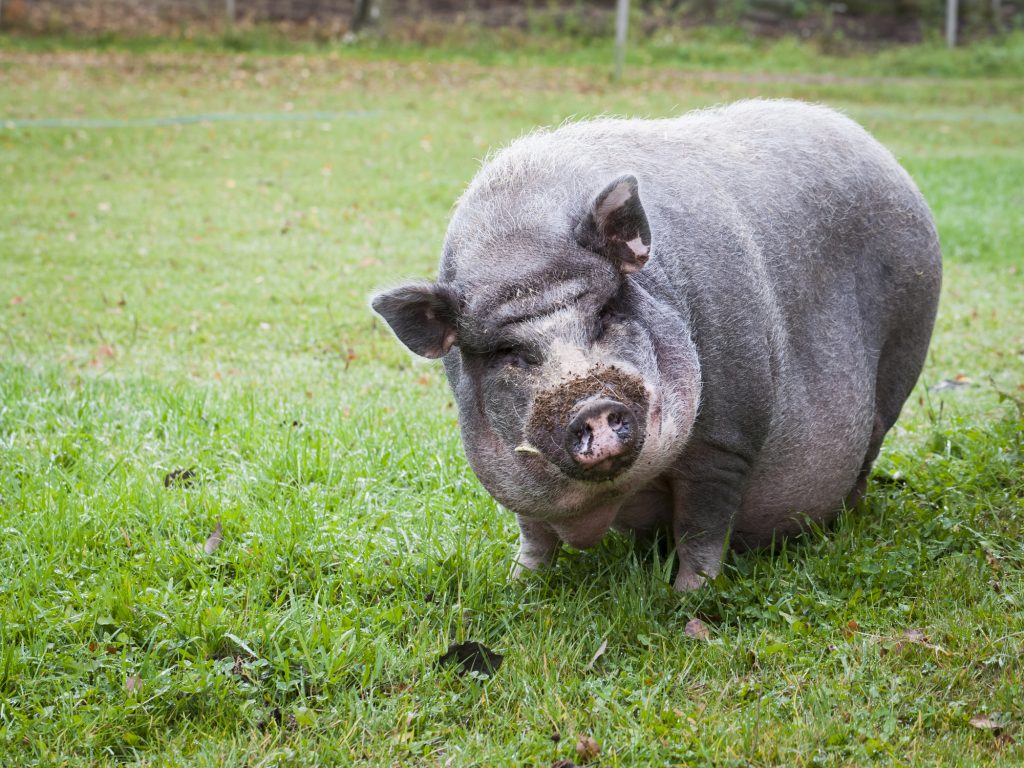For many individuals, pets are just as much a part of their family as any blood relative. Whether or not your rental allows pets could significantly affect your qualified tenant pool in today’s rental industry. As a landlord, accepting pets is a big decision, and there are plenty of things to consider. Today our focus is on pets beyond the typical dog and cat. So, join us below to discuss the more unusual pets a tenant may have, along with what exotic pets are legal in Maryland. Recognizing the types of exotic pets that tenants may have will help you decide whether to allow pets in your Montgomery County rental home.
What is Classified as an Exotic Pet?
For most people, owning a dog, cat, or fish is more than enough to take care of. That said, there is an increasing number of individuals who step outside of the typical box. Instead, these people choose something a bit more unusual and possibly even exotic. But what exactly is an exotic pet?
In general, exotic pets are those other than dogs, cats, farm animals, and common “pocket pets” like guinea pigs, rabbits, and small rodents such as hamsters. So, small reptiles, including turtles, lizards, and snakes, are also exotic, though they are rarely banned in any state. Parrots are “exotic,” while many consider other bird species to be common household pets.
Exotic pets in Maryland are governed by laws that went into effect in October of 2006. These laws aim to protect wild animals from being bought, bred, sold, and held domestically because it is both potentially dangerous and cruel. Therefore, according to the law, individuals cannot legally own the following pets while residing in a rental property or any other property for that matter.
- Foxes
- Skunks
- Raccoons
- Bears
- Caimans
- Alligators
- Crocodiles
- Wild Cats or Feline Hybrids Over 30lbs
- Wolves, Canine Hybrids, or Any Canine Other than a Domestic Dog
- Non-human Primates (Lemur, Monkey, Chimpanzee, Gorilla, Orangutan, Marmoset, Loris, Tamarin)
- Certain Venomous Snakes (Hydrophidae, Elapidae, Viperidae, Crotolidae)
That said, it is important to note here that each city, county, and even neighborhood may have ordinances in place, further restricting particular exotic animals. Therefore, your Montgomery County property management company should be well-versed in these laws before approving a tenant with an exotic pet into your rental.
10 Types of Legal Exotic Pets in Maryland
Now you know what is illegal, but what about the types of exotic pets in Maryland that are allowed? Continue reading below as we review some of the unusual creatures you may come across as a landlord.
- Hyacinth Macaw
- Capybara
- Chinchilla
- Axolotl
- Hedgehog
- Sugar Glider
- Pot-Bellied Pig
- Tarantula
- Ball Python
- Iguana
Hyacinth Macaw
Hyacinth macaws are gorgeous and strong birds that can grow to a staggering 40 inches tall. Furthermore, an up to 60-inch wingspan requires a significant cage size and special care. Macaws are intelligent and require socializing when they are young to make good pets. The numbers of these majestic birds in the wild have declined, making them very costly to obtain and care for. However, they are legal in most states as long as they were legally obtained and the owner has proper documentation. It is worth noting that such a large bird can be loud at times in an apartment situation.
Capybara

Small rodents such as hamsters and guinea pigs are common pets that disturb very little of their environment since they are typically caged. However, a capybara looks like the largest guinea pig you have ever seen. Topping out at around 140 pounds, a capybara is the world’s largest rodent. Though they are friendly, keeping one as a pet is a challenge. That said, they require lots of time and attention, their teeth are extremely sharp, they need a pool to swim in, and their food is quite expensive. However, for a dedicated person, capybaras make a wonderful, albeit unusual, pet.
Check out these other fun facts about capybaras –
- They are semi-aquatic and love to spend time in the water
- Capybaras have webbed feet
- They eat mostly plants as well as their own droppings
- Lifespan is around 12 years in captivity
Chinchilla

Another rodent that is legal to own in the United States is the chinchilla. This animal’s incredibly soft fur and intelligent spirit appeal to pet owners. Chinchillas are omnivores and can live an average of 12 to 17 years. While not suitable for children, chinchillas love to play and are naturally inquisitive. Typically, they are housed in large cages, but many owners let them have supervised playtime outside the cage. Chinchillas should never be allowed to run free through a home unsupervised as they can easily chew through just about anything, including wires to electronics.
Axolotl

Related to the salamander, the axolotl is best known for its ability to regrow all of its body parts, including its jaw, spine, and even its brain. So, for those that love interesting and exotic fish, the axolotl is a great choice. Here are some more facts about this unusual pet –
- Axolotl literally means “water dog.”
- The feathery branches that grow out of its head are actually its gills
- Despite living in the water and having gills, axolotls grow lungs that they never use
Hedgehog
Many people may not know that hedgehogs are actually exotic animals since many pets stores sell them as ordinary “pocket pets.” Hedgehogs have unique non-prickly quills and roll up into a ball when threatened. Generally, hedgehogs enjoy socializing with owners, and they will spit on themselves when they encounter new smells. However, the downside to these small pets is that they carry diseases, including the Salmonella bacteria.
Sugar Glider
This marsupial (meaning they have a pouch—just like a kangaroo) is a wonderful little pet that exhibits an extraordinary trait. Sugar gliders fly through the air as though hang gliding, sometimes as far as 150 feet, using their “wings.”
Sugar gliders love to have a buddy and will socialize with their owners providing lots of entertainment. Though they are typically clean pets, sugar gliders are not known for being easily house trained and have sharp claws that can scratch most surfaces. Also, they have very sharp teeth and tend to bite when threatened.
Pot-Bellied Pig

Charming and intelligent, though very large, pot-bellied pigs are great exotic pets in the right environment. Pot-bellied pigs are extremely smart and mischievous, need tons of food daily, have a mean temper, and can be aggressive. On top of that, they live for as long as 20 years, making them difficult animals to handle. Altogether, these exotic pets are a handful and require extreme commitment from the right individual.
Tarantula
These imposing-looking spiders strike fear into the hearts of arachnophobes everywhere. However, they are actually some of the least aggressive spiders in existence. As a docile spider that is fun to look at and even hold if you are brave enough, it is easy to see why they make a great pet. So, below are some things you may not know about these hairy exotic pets –
- Tarantulas can live up to 20-30 years
- Their leg span can reach nearly 10 inches
- They have retractable claws, much like a cat
- When threatened, they throw small barbs at their attacker.
Ball Python
Ball pythons are a type of constrictor snake and are commonly sold in many pet stores. While illegal in some states, this is one of the more popular exotic pets in Maryland. These pythons are smaller than a boa, and adults reach around 3 to 4 feet in length. Furthermore, they require a sturdy glass enclosure with heat lamps for the duration of their 20-to-30-year lifespan. While owners need to be mindful not to startle the snake, they are generally friendly and easily handled.
Iguana
Iguanas are one of those exotic pets that require a significant amount of room to roam and climb. Adults live up to 20 years and easily reach nearly six feet in length. Thus, these reptiles need large enclosures with plenty of space to turn around and stretch out comfortably. For example, experts recommend that the enclosure is at a minimum of 6 feet high and two times as long as the animal. That said, many owners enjoy keeping this type of exotic pet.
How to Create a Pet Policy for a Rental Lease
Deciding whether to allow pets in your rental property is a critical decision. Especially knowing that exotic pets such as the ones mentioned above may enter your investment property. That said, a properly drafted rental agreement can protect landlords and their property from undue damage or liability caused by the pet, exotic or otherwise. Below are a few key things to remember as a landlord dealing with pets –
- Include a detailed pet policy in your lease agreement
- Ask prospective tenants about their pets and be sure to see the animals in person
- Ensure that every animal has current vaccinations or necessary paperwork as required by law
- Charge a pet fee, a deposit, or even a monthly rental add-on for owning a pet on your property
- Specify the number of pets allowed and ban those you do not wish to allow
- Require tenants to obtain renter’s insurance
By defining the pet policy in the lease agreement from the beginning, your tenants will fully understand their responsibilities regarding the pet and your property. This also allows you to inform them of any consequences they may face for violating any portion of the lease agreement.
If you consider allowing pets in your Montgomery County rental home, make sure you familiarize yourself with the types of pets tenants may own. Although landlords may not enjoy the thought of owning a 300-pound pot-bellied pig, or a flying sugar glider, your tenants might. Furthermore, since those pets are legal in most states, your tenants will be able to legally own those pets and lease your property unless you state otherwise.
How Property Management Can Protect Owners from Tenant Pets
Bay Property Management Group is Maryland’s leading full-service property management firm. Our knowledgeable staff understands all state and local laws related to leasing rental homes. Also, we have the expertise to draft a solid lease agreement outlining all of your pet policy provisions in a legally compliant way that both you and your tenants can understand. So, if you own rental property in the Montgomery or Delaware County areas, contact Bay Management Group today. Pet policies can be difficult to maneuver, and no other property management company will meet your needs like Bay Property Management Group.
